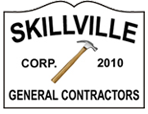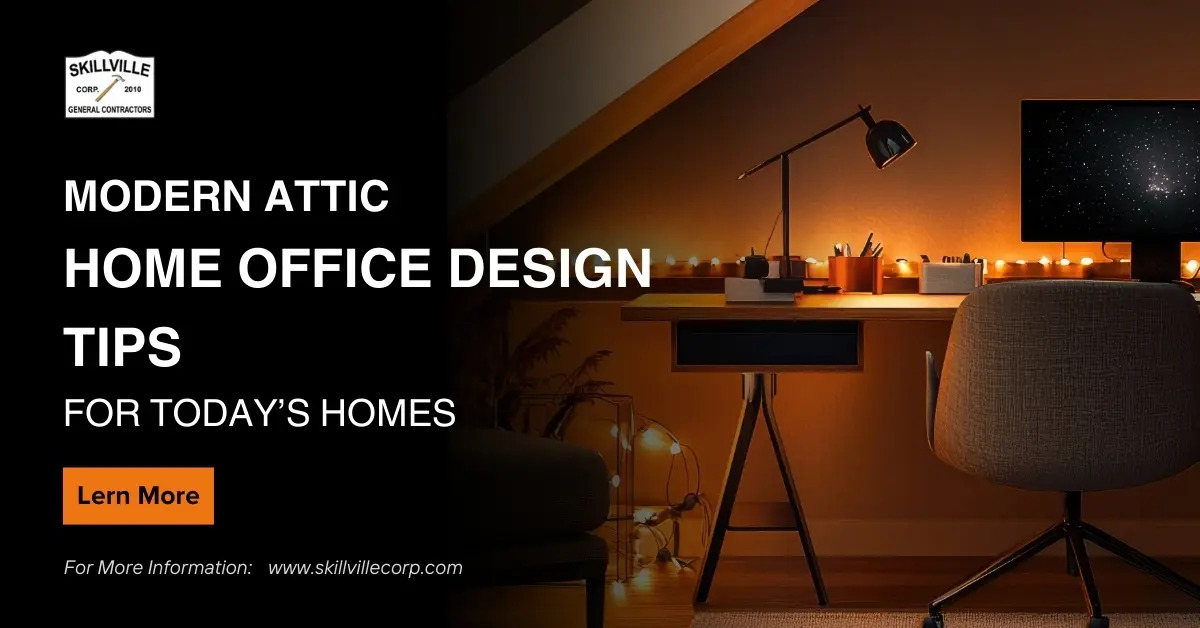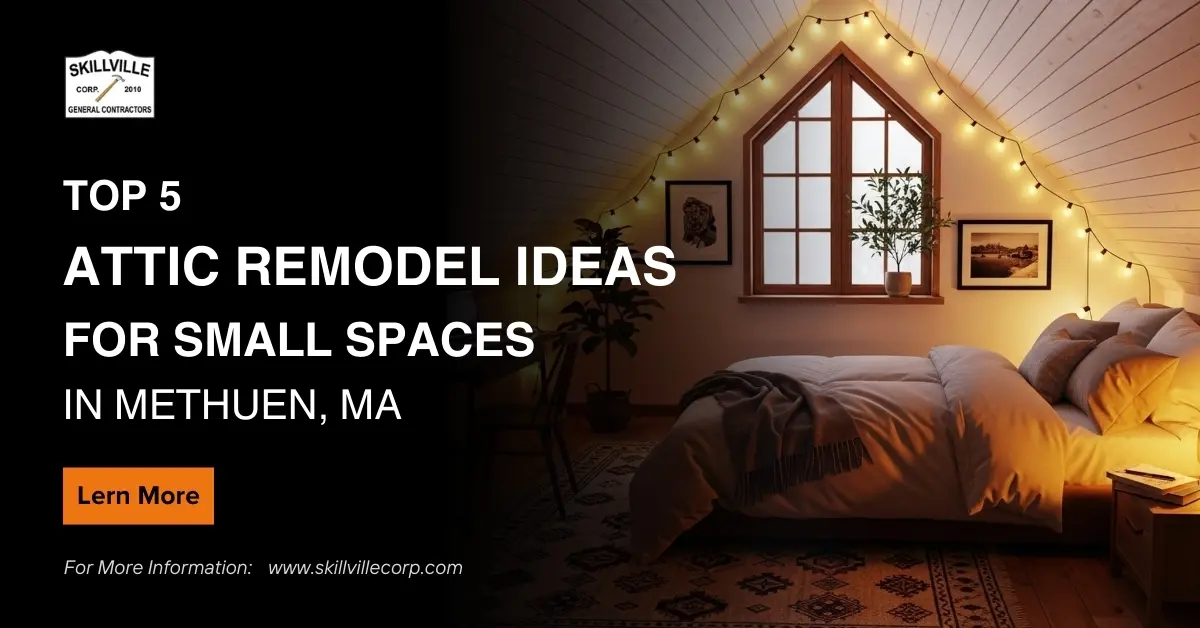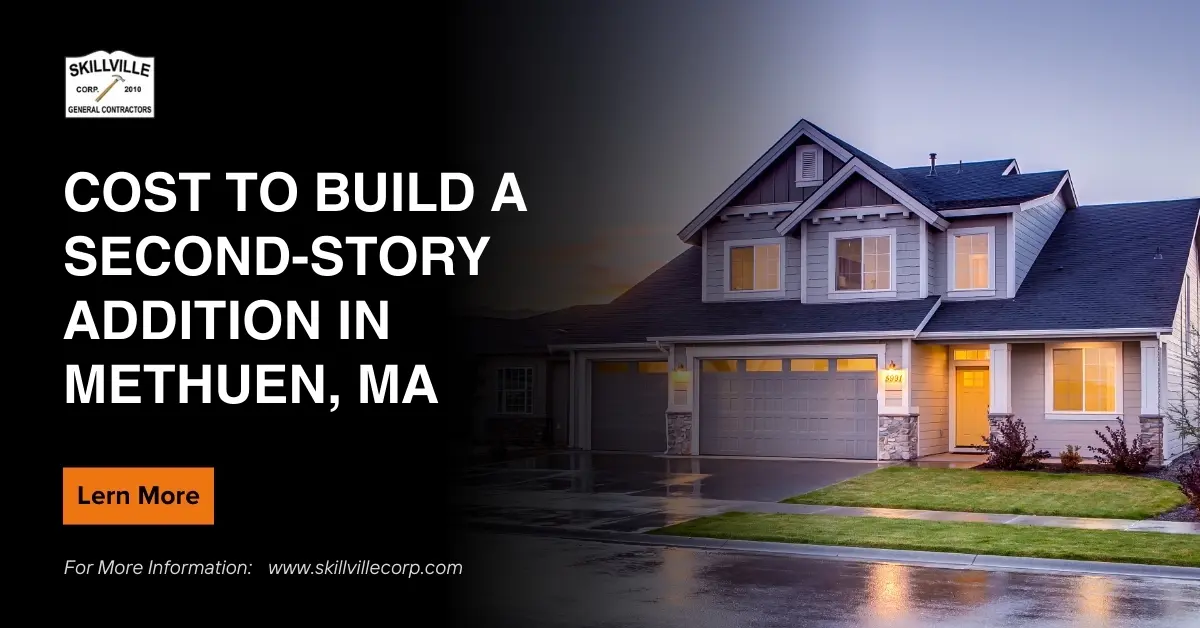Ever feel like your home is bursting at the seams? Maybe your kitchen feels a little too cozy when guests come over. Or your once-spacious living room now doubles as a playroom, home office, and laundry folding station. If that sounds familiar, you’ve probably considered a home addition.
But is building a home addition really the right move?
Home additions can be an exciting way to create more space without having to say goodbye to your neighborhood. At the same time, an addition is a significant investment; not just financially, but in time, energy, and disruption to your daily life. So, before you start browsing Pinterest for design ideas, let’s walk through the pros and cons of home additions, the way a friend would explain them over coffee. This guide will help the homeowner understand the benefits and drawbacks of this major home improvement project.
Table of Contents
ToggleKey Takeaways: Planning a Home Addition Wisely
| Aspect | Pro (Benefit) | Con (Drawback) |
| Space | Creates the precise space you need without moving; perfect for growing families. | Significant renovation disruption to the existing home and daily life. |
| Value | Boosts home value (increases home value addition) and market appeal. | High home addition costs (cost of a home addition), including unexpected expenses. |
| Customization | Full control over design, making your current home a dream home. | Requires strict building permits and navigating complex zoning home extension laws. |
| Structure | Adding a second story or adding a second floor creates new space without taking up yard space (building up vs ground-level additions). | Long timeline home addition with risk of delays (materials, weather, inspections). |
Why Building a Home Addition Might Be the Best Decision for Your Dream Home
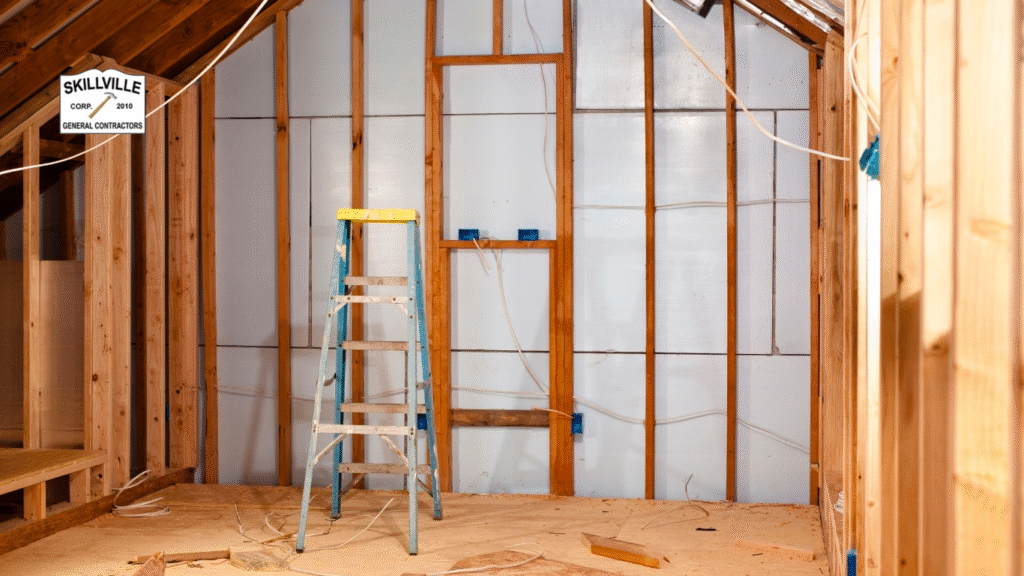
Building an addition allows you to upgrade your existing home to perfectly suit your needs. From expanding your living space to boosting future profits, the benefits of a well-planned room addition are substantial.
Room Addition Benefits: More Living Space, More Comfort
This is the number one reason people go for a home addition. Need a bigger kitchen? More bedrooms? A home office that isn’t the corner of your dining room? A well-planned addition gives you that breathing room, especially if your family has grown (growing families) or your lifestyle has changed. It is the quickest way to create the space you need.
- More Function: Adding a new bathroom, a dedicated home gym, or a laundry room can drastically improve the daily quality of life.
- A New Space: It provides an opportunity to create a specialized new space that your existing home lacked.
Boosting Resale Value with a New Addition
Learn how adding square footage, like a sunroom or second story, can increase your home’s market appeal and, ultimately, the value of your home. In many cases, more square footage means more resale value. Things like an extra bathroom addition, a larger primary suite, or even a sunroom can bump up your home’s market appeal.
- High ROI Additions: Bathroom additions and kitchen room additions often provide the highest Return on Investment (ROI).
- Curb Appeal: A professionally executed new addition that blends seamlessly with the rest of the house enhances the overall aesthetic.
Just make sure the addition matches the quality and style of the rest of the house and fits your neighborhood.
Home Addition vs. Buying a New Home
Explore why remodeling your existing home might be more cost-effective than relocating (cons of moving). If you love your neighborhood, your school district, or just your neighbors, moving to a new place might not be ideal. Plus, between closing costs, moving expenses, and rising home prices, relocating can be a financial and emotional headache.
- Financial Savings: Avoids closing costs, real estate agent fees, and other expenses associated with buying a new home.
- Emotional Benefit: Allows you to upgrade your lifestyle without packing a single box, maintaining the memories built in your current home.
Customizing Your Home Addition to Fit Your Lifestyle
From layout to finishes, developing an additional living space lets you design every detail your way. One of the best parts of a home addition? You call the shots. You’re not adapting to someone else’s idea of space. You’re designing your dream home room addition, your way, down to the paint colors, window placement, and type of flooring.
- Full Control: Complete control over the addition design, materials, and functionality.
- Perfect Fit: The ability to tailor the new space exactly to your family’s unique living space needs.
Earning Rental Income Through a Room Addition
Consider the potential of turning your new space into an income-generating accessory dwelling unit (ADU). If you’ve got the room (and local zoning allows it), building an accessory dwelling unit (like a basement apartment or guest house) could bring in extra income. Long-term renters or even short-term vacation stays can help offset the cost of a home addition.
Cons of Home Additions: What Every Homeowner Should Consider Before Building

While a home addition offers fantastic benefits, it comes with significant drawbacks related to finance, disruption, and regulatory hurdles. This section addresses the cons of home additions and the reality of this large renovation project.
The Financial Reality of Constructing A Home Extension
Understand the true cost of remodeling, from permits to unexpected renovation expenses. Let’s be real, home additions aren’t cheap. Depending on what you’re building, you could be looking at anywhere from $20K to over $100K. And that’s before you factor in furniture, building permits, or surprise issues hiding behind your walls (existing structure).
- Hidden Costs: Be prepared for unexpected renovation disruption costs, especially when dealing with the foundation or the existing structure.
- Financing: You may need to secure additional financing, such as a Home Equity Line of Credit (HELOC), which introduces interest rate considerations.
Living Through a Renovation: The Disruption Factor
Get real about the dust, noise, and daily challenges of construction in your existing home. There’s no sugarcoating it. Living through a renovation is not fun. There’s dust, noise, strangers walking in and out, and possibly parts of your home you can’t use for weeks (or months).
- Quality of Life Impact: The chaos can be tough to manage, especially if you’re working from home or have small kids.
- Loss of Space: You may temporarily lose access to parts of your existing space (e.g., your yard) during the home addition project.
Permits, Zoning, and Red Tape
Learn what approvals you’ll need before you can build an addition and how they can affect your timeline. Before anything gets built, you’ll need approvals. That includes building permits, zoning checks, and possibly even neighborhood association sign-offs.
- Regulatory Delays: This is a lot of paperwork, and each step can add time and complexity to your home extension project, requiring compliance with local building codes.
- Zoning Home Extension Limits: Local zoning laws may restrict the maximum size of the addition (e.g., height or setback from property lines), limiting your dream home plans.
Timeline Delays in Home Addition Projects
Why even the best-planned remodels can take longer than expected, and how to prepare. Even with the best contractor, delays are part of the deal. Weather, backordered materials, and inspection schedules can all slow things down. If you’re hoping for a finished addition in six weeks, you might want to mentally prepare for ten.
- Unpredictable Factors: Unlike simple remodels, a major construction project has many variables that can impact the timeline home addition.
Overbuilding: When Your Dream Home Doesn’t Fit the Neighborhood
Avoid the trap of adding a second story or luxury features that don’t align with local property values. If your home becomes the biggest or fanciest on the block, you may not see the full value of your home when it’s time to sell (selling your home).
- Valuation Cap: Your home’s value will eventually be capped by the surrounding properties.
- Aesthetics and Design: The new addition must be aesthetically aligned with the neighborhood and the rest of the house to achieve a successful home addition.
FAQs: Home Addition Pros and Cons
Q: What Are The Pros And Cons Of Building A Home Addition As A Homeowner?
Building a home addition boosts the value of your home and offers extra space, like a larger kitchen or extra bedroom. But the cons of home additions include high cost, zoning laws, and renovation disruption. When planning a home addition, consider your budget, foundation, and return on investment.
Q: How Do You Weigh The Pros And Cons Of Adding A Second-story Addition?
Weighing the pros and cons of adding a second story includes analyzing the benefits and drawbacks, like gaining increased living space without expanding your home’s footprint. However, it may be disruptive to your daily life and require strict building codes, permits, and zoning compliance. This type of addition may also require substantial changes to the roof and existing structure.
Q: What Are Common Types Of Home Additions To Expand Your Living Space?
Popular types of home additions include bathroom additions, sunrooms, home gyms, and second-floor additions. These home addition ideas help in expanding your living space, improving your quality of life, and adding value to your property, especially when designed as a well-planned addition.
Q: What Are The Benefits And Drawbacks Of A Second-story Home Addition?
A second-story addition lets you add space and transform your living space without expanding your home’s footprint. But it may impact your roof, require engineering, and alter your existing structure. Still, it can add property value and appeal to future buyers looking for more space. It’s one of the best home addition ideas for creating new space.
Q: What Home Addition Ideas Help With Expanding Your Living Space Wisely?
Adding a second story or adding a second floor creates new space and avoids using up yard space. Other ideas include a sunroom, accessory dwelling (ADU), or adding an extra room. A new addition can make your current home feel like your dream home with the space you need without the stress of moving.
The Bottom Line: Is a Home Addition Right for You?
If your home just isn’t working for your lifestyle anymore, but you love everything else about it, a home addition could be the perfect solution. You get more space, more comfort, and more function, all without leaving the place you’ve built memories in.
But it’s not something to rush into. Consider the investment, prepare for a bit of chaos (renovation disruption), and make sure your plans are realistic for your budget and your neighborhood (overbuilding neighborhood).
When you’re ready to talk through addition ideas and figure out what’s possible, reach out to the professionals who actually care about getting it right. At Skillville Corp., we help homeowners turn great ideas into real, livable spaces without the stress.
